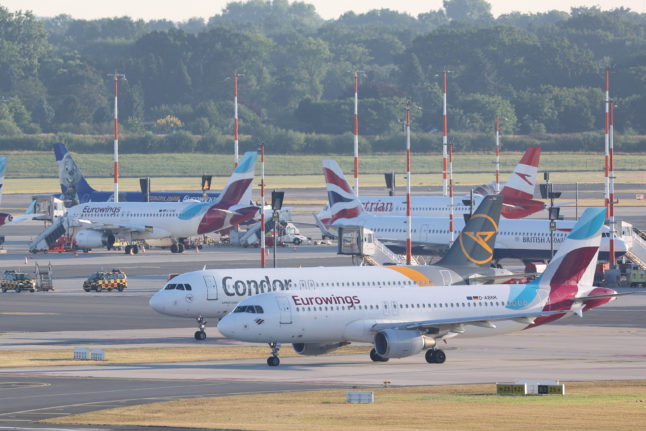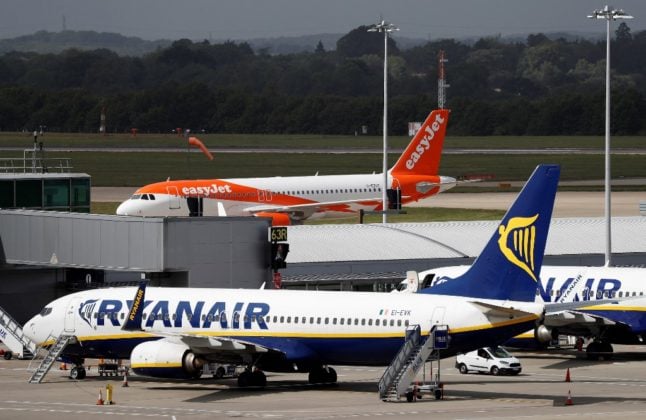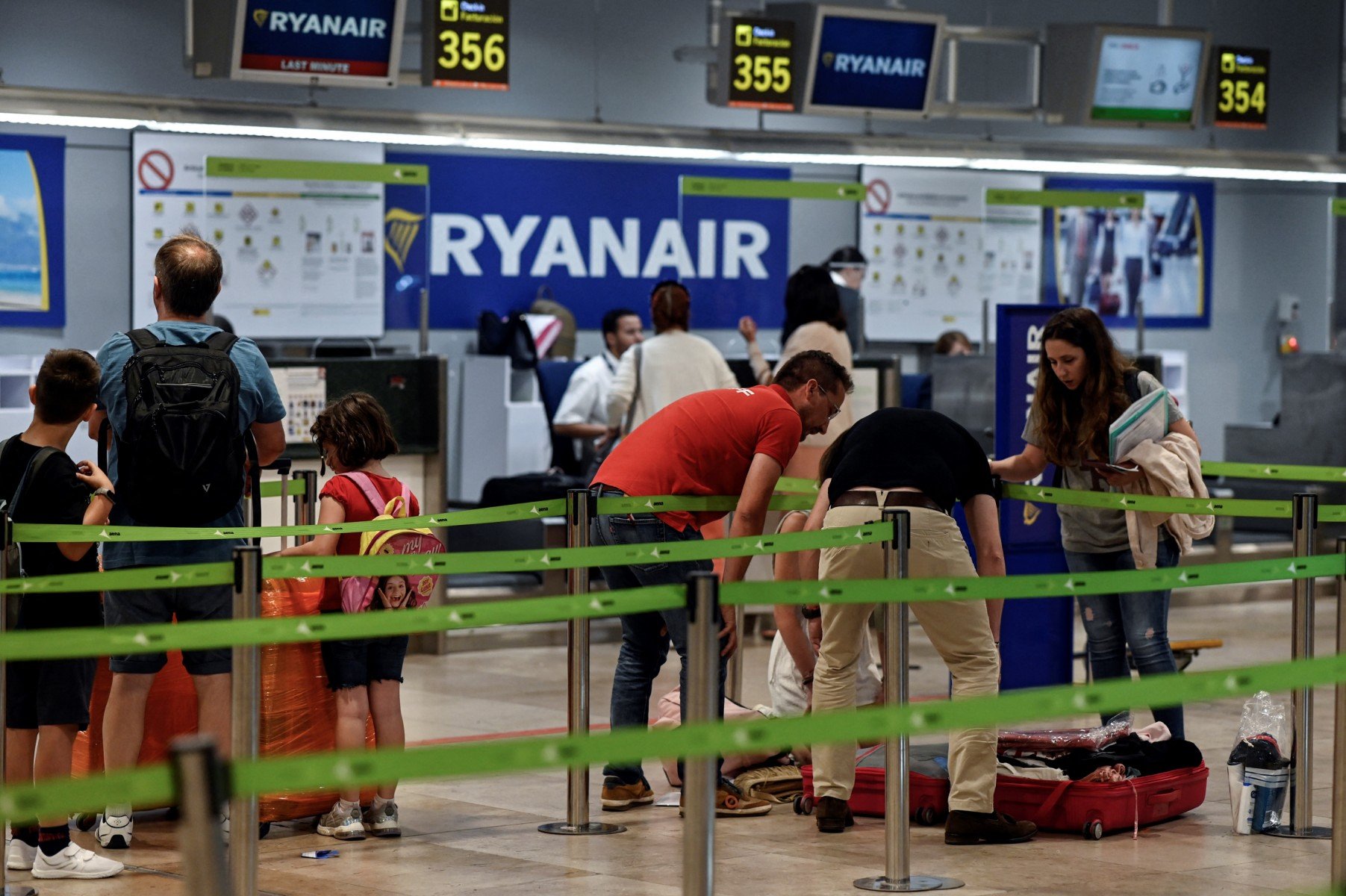The employees of the Lufthansa subsidiary were seeking a reduction in maximum flying time as well as an increase in rest periods, the Cockpit union (VC) said, adding current agreements had not been updated since 2015.
“The workload has increased significantly. The employer regularly pushes staff to the maximum permitted limit,” said Matthias Baier, a Cockpit spokesman.
After several rounds of talks failed, “the only option left for us is to advance our demands via a labour dispute,” he said.
The union said it remained open to further talks. The strike at the low-cost German air carrier will last from midnight on Wednesday for 24 hours.
READ ALSO: Eurowings plans 10-percent fare hike amid flight chaos in Germany
The number of flight cancellations depends on how well the airline manages to organise replacement connections, Baier said. The strike doesn’t involve Eurowings Discover.
“We are open to talks about how we can achieve reasonable working hours for Eurowings employees in the long term,” added Marcel Gröls, chairman of the VC union bargaining committee.
So far, however, it has not been possible to agree on a common path with the employer, he said. “It’s not enough to sit at the negotiating table, you also have to bring the will to find solutions and not present counter-demands as an offer.”
The European aviation sector has been hit by a growing number of strikes in recent months among pilots, cabin crew and ground staff.
High inflation has triggered calls for pay hikes, while the sector also faces a shortage of workers after many jobs were cut during the coronavirus pandemic.
Lufthansa pilots agreed last month not to go on strike again until at least the end of June next year under a pay deal negotiated with the airline.
READ ALSO: Pilots at German airline Lufthansa suspend strikes through June 2023
It comes after a summer of chaos due to staff shortages as travel picked up again when pandemic restrictions were loosened.




 Please whitelist us to continue reading.
Please whitelist us to continue reading.
Member comments